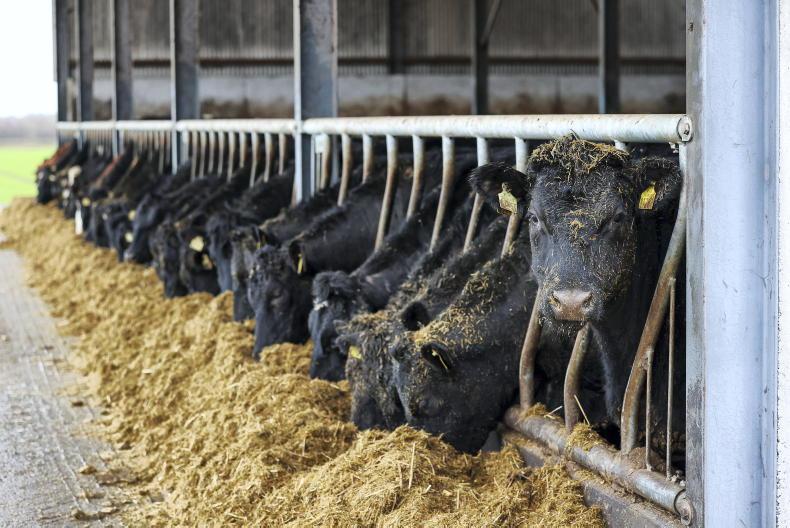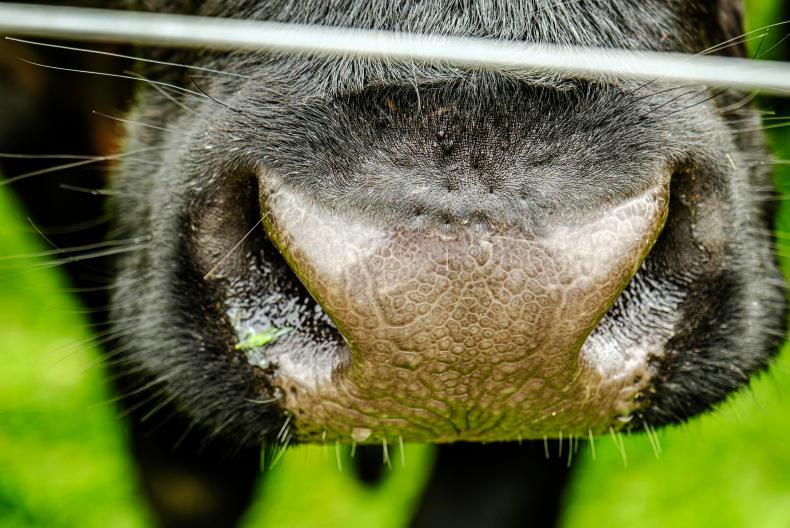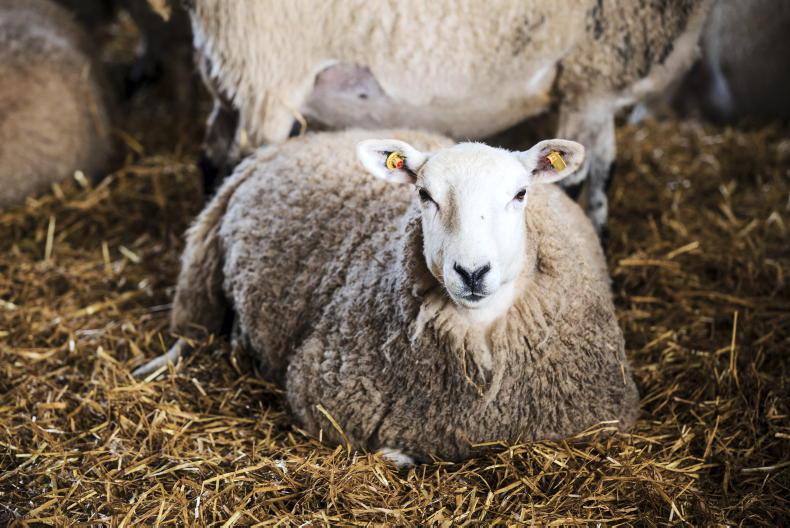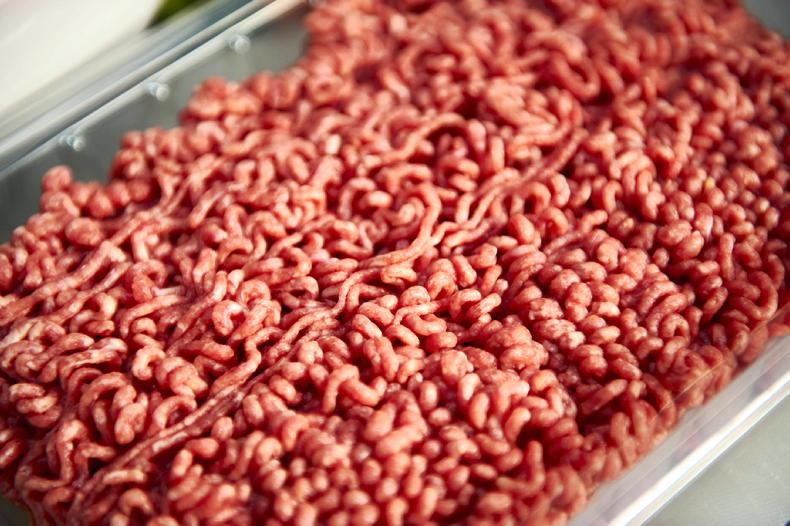It has been a spectacularly healthy year on so many farms, aided by a kind spring, good grass growth and early turnouts. It’s been interesting chatting to vets who have had one of their quietest seasons in quite a few years. So for many farmers it is important to appreciate the good years when animals are healthy, but it is also a good time to reflect on where we can do better. I think the summer months when breeding has finished is a good time to look at some performance figures for the year.
Always ask if there are improvements to be made?
Sheep farmers looking ahead towards breeding, should look at their scanning percentage and how many lambs are now out with their mothers in the fields.
Always ask if there are improvements to be made? Beef farmers planning towards weaning should look at what vaccinations and dosing they need to get right. Dairy farmers looking at cell count and calf mortality should ask what lessons there are to be learned and how they can improve next year.
This summer it looks like parasites are going to be a challenge on many farms. Start thinking about faecal egg counts on first-grazers. Combine this with weight monitoring and clinical signs.
The solution to parasites is most often found in a bottle but with resistance developing to some of these products, we now must be more selective and strategic with their use.
One of the great lessons I have learned is that farming systems have key measurements at key times that will directly relate to how animal performance and management are doing.
There is a bright future for those who recognise this and plan ahead
These measurements can prove vital if they are used over time to help make better decisions, but most importantly make better plans. Good planning can save you money.
I continue to keep an eye on the horizon of animal health issues, with the environment, welfare and antibiotics all dominating the future paths of livestock farming. There is a bright future for those who recognise this and plan ahead.
By improving the efficiency and health of our herds and flocks, we can directly reduce GHG emissions. We should never be afraid of the welfare story. Good welfare is directly linked to better farm performance and profitability.
Finally, our farmers must become increasingly proactive in reducing the usage of antibiotics. Restrictions will continue to be enforced as they have to be. This is something with improving management and health we should not be afraid of.
If you think antibiotic resistance is not a huge issue globally, I would urge you to take your head out of the sand fast.
Never underestimate the power of having the right mindset when facing new challenges. The attitude of “I can” adapt to the challenges ahead is always a good place to start.








SHARING OPTIONS